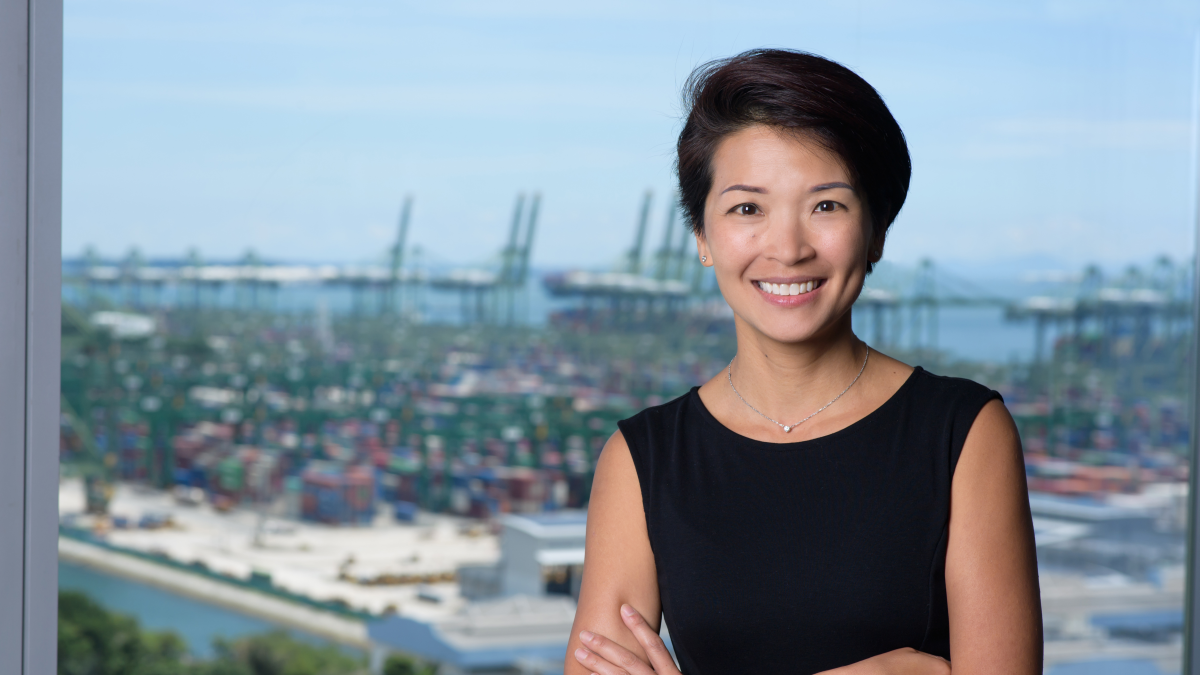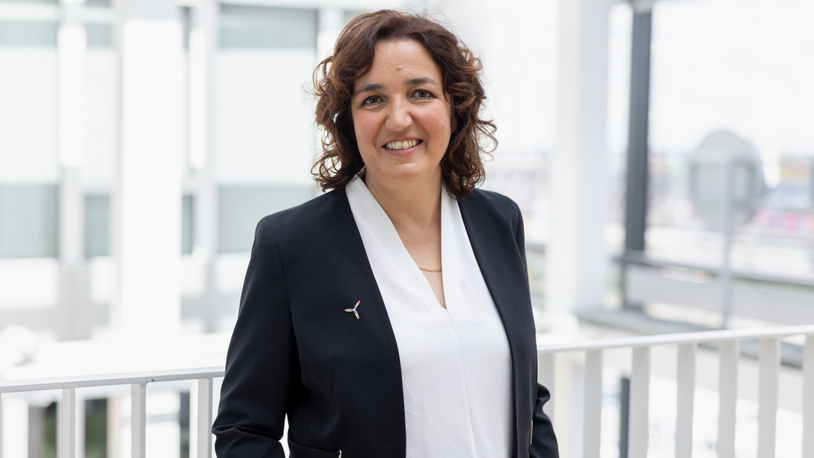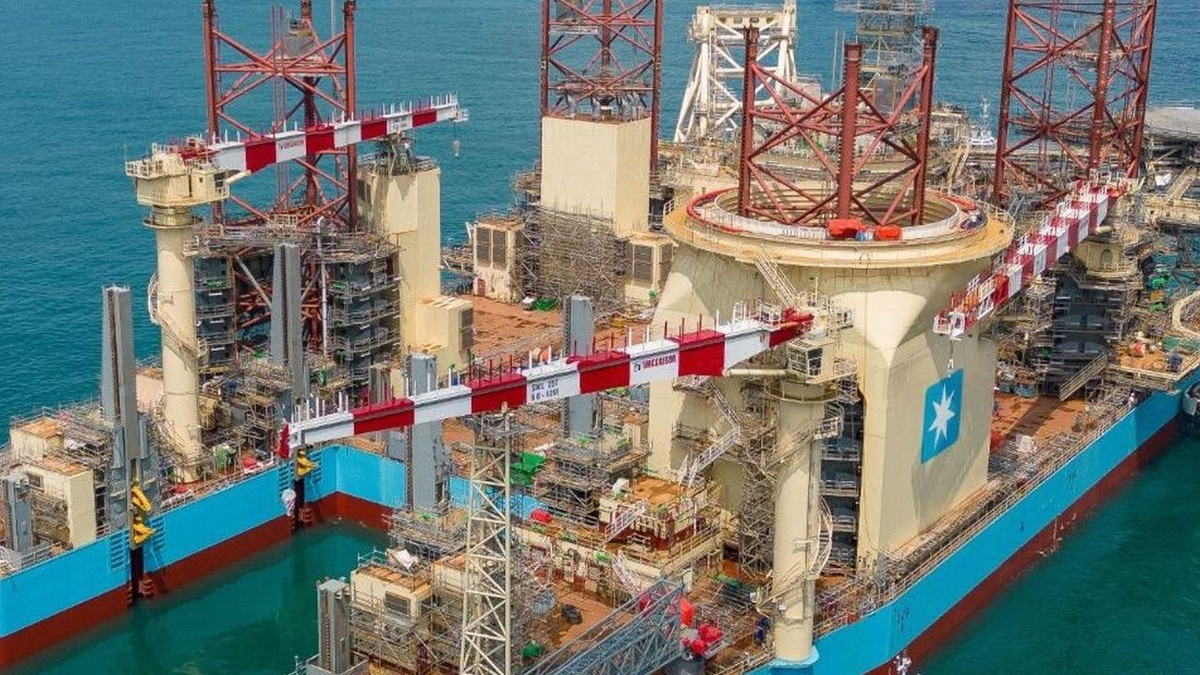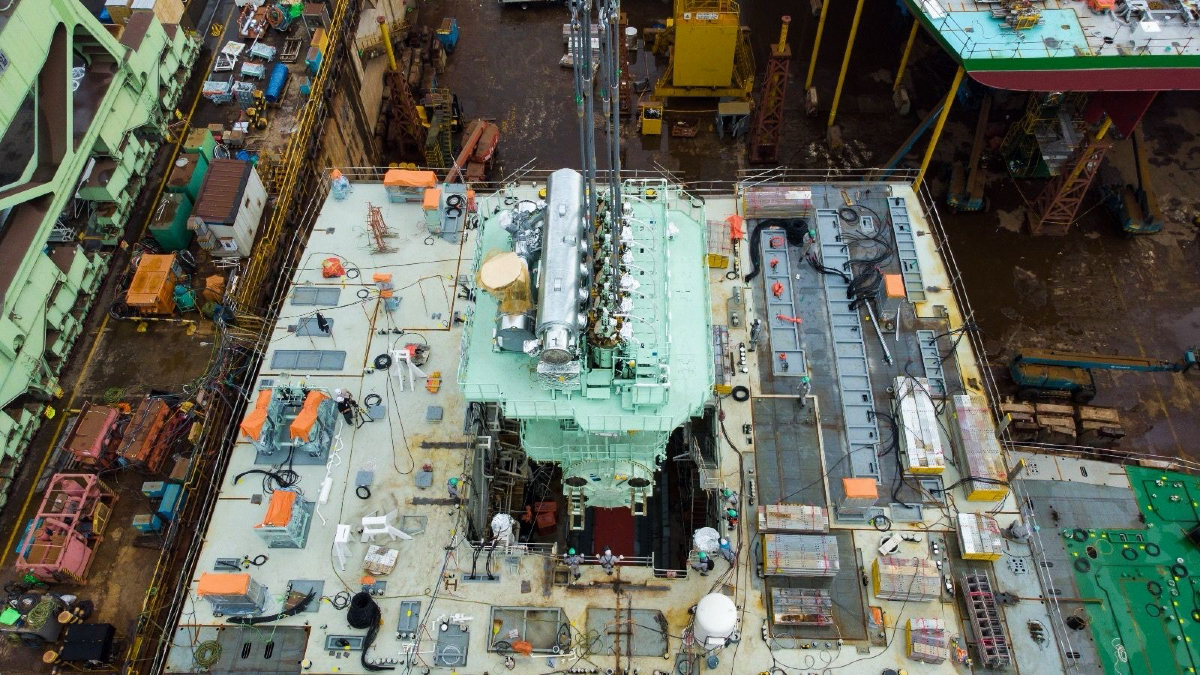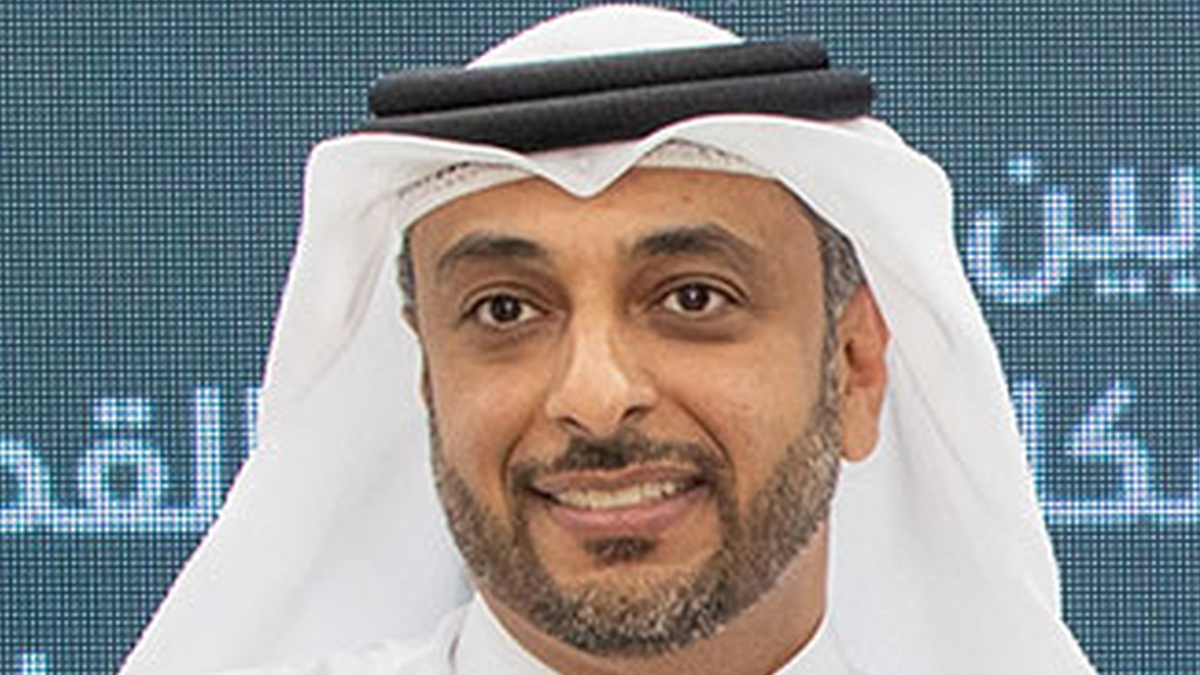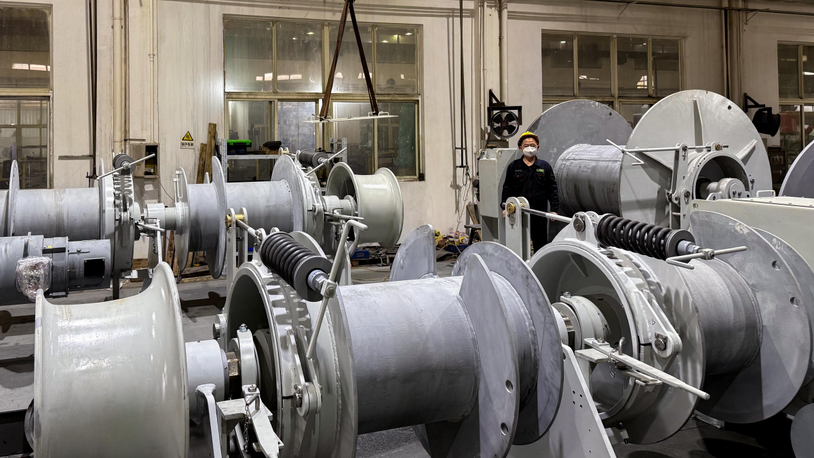Business Sectors
Events
Floating energy: successfully unlocking stranded gas using FLNGs and FSRUs
Contents
Register to read more articles.
Pilot yields encouraging results of onboard carbon capture supply chain
Global Centre for Maritime Decarbonisation has released a report detailing the results of onboard carbon capture supply chain pilot that could provide a path forward for the technology
Onboard carbon capture (OCC) is seen as an important bridging technology to lower carbon-intensive fuels, allowing ships to reduce their emissions using traditional marine fossil fuels. While carbon capture technology has been in use on land in the industrial sector for decades, it faces a host of technical, commercial, regulatory and operational hurdles in its deployment in the maritime sector.
But a new report issued by Singapore-based Global Centre for Maritime Decarbonisation (GCMD) that provides the results of a groundbreaking demonstration of a complete carbon value chain for onboard captured CO2 could well provide a path forward for the technology.
The new report shares the results of Project Captured, what GCMD describes as the world’s first successful demonstration of a complete carbon value chain for onboard captured CO2. This pioneering research explores the technical, operational, and commercial feasibility of integrating maritime carbon capture with industrial CO2 utilisation.
Conducted in China and completed in June 2025, the pilot involved Evergreen Marine’s container vessel Ever Top, which captured CO2 using an onboard carbon capture and storage (OCCS) system developed by Shanghai Qiyao Environmental Technology Co, Ltd (SMDERI-QET). The captured liquid CO2 (LCO2) was transferred ship-to-ship to Dejin 26, operated by Zhoushan Dejin Shipping Co, Ltd., and then transported overland via truck to Baorong Environmental Co., Ltd. At Baorong, the LCO2 was successfully utilised as feedstock to produce low-carbon precipitated calcium carbonate (PCC) and post-carbonated slag, demonstrating a viable industrial pathway for maritime-captured CO2.
GCMD reported that CO2 purity exceeded 99.95% by volume at all custody transfer points, meeting downstream specifications. Of the 25.44 metric tonnes (MT) offloaded, 15.84 MT was delivered to the end-user.
No safety incidents were reported during the pilot, and rigorous hazard identification assessments and adapted LNG/LPG protocols ensured safe handling, transfer, and transport of LCO₂
To overcome a regulatory hurdle, the captured CO2 was reclassified from “hazardous waste” to “hazardous cargo,” enabling lawful land transport and industrial use—a critical regulatory breakthrough.
EU ETS considerations
Under the EU Emissions Trading System (EU ETS), only CO2 permanently fixed in construction materials is currently recognised as “utilisation.” While PCC offers permanent carbon fixation, its eligibility under EU ETS is limited to construction applications. The pilot highlights the need to expand the list of eligible end-uses to include other durable products—such as paper, plastics, and building materials—that also achieve chemical permanence. Doing so could unlock new industrial demand and accelerate carbon capture deployment, according to GCMD.
To scale the carbon value chain, several advancements are needed to address and align regulatory concerns, with broader recognition of captured CO2 as “hazardous cargo” across jurisdictions.
On the technical side, the industry should standardise tank capacities, improve insulation, and install custody-grade flow meters and gas analysers.
To address commercial viability, the report suggests co-locating offloading and utilisation sites, fostering industrial partnerships, and promoting markets for CO2-derived products.
“For OCCS to truly gain traction,” said GCMD chief executive Lynn Loo, “what happens downstream is just as important as capturing CO2 onboard. Ships are floating assets that ply the world’s oceans, which makes it vital to harmonise standards and regulations across ports and terminals so that offloading can be carried out safely and at scale. And to unlock economies of scale, maritime CO2 capture must be closely aligned with landside industrial end-use and demand.”
Findings from Project Captured will be presented at the IMO Technical Seminar on OCCS Systems on 11 September 2025 in London. The seminar will convene global stakeholders to discuss OCCS technology, infrastructure readiness, and regulatory frameworks.
Related to this Story
Events
Floating energy: successfully unlocking stranded gas using FLNGs and FSRUs
© 2024 Riviera Maritime Media Ltd.


